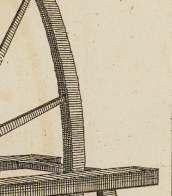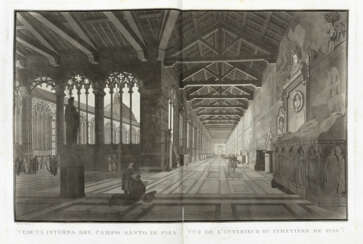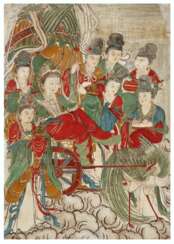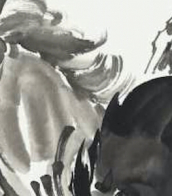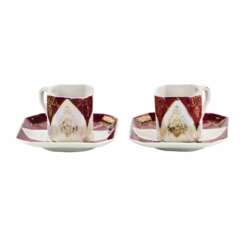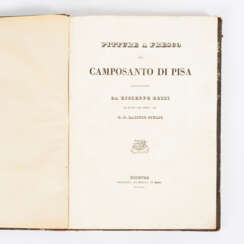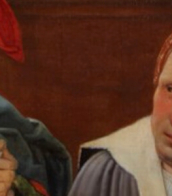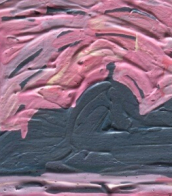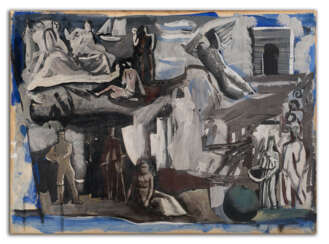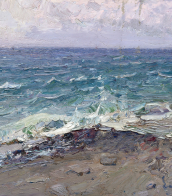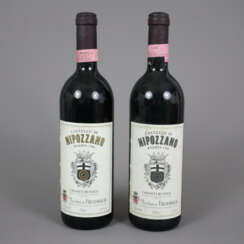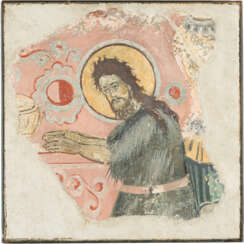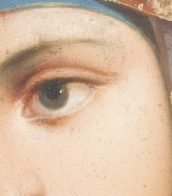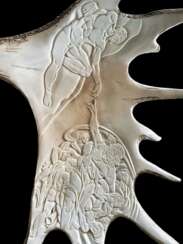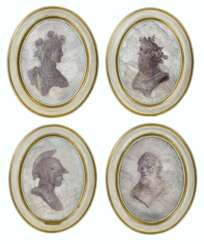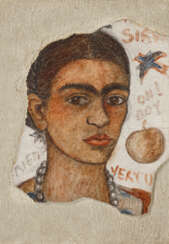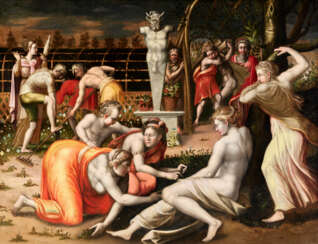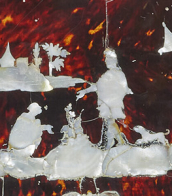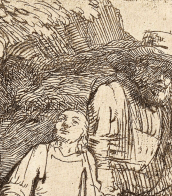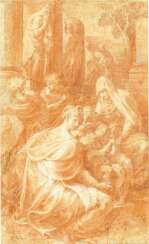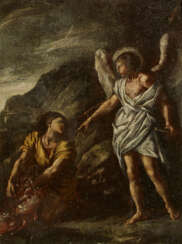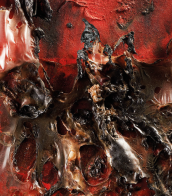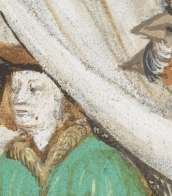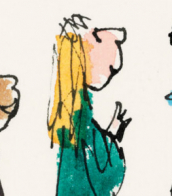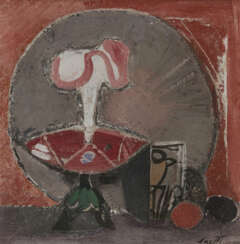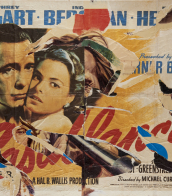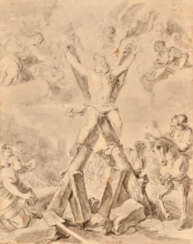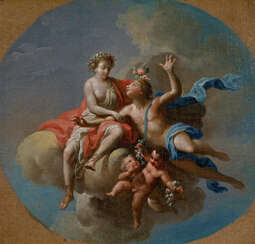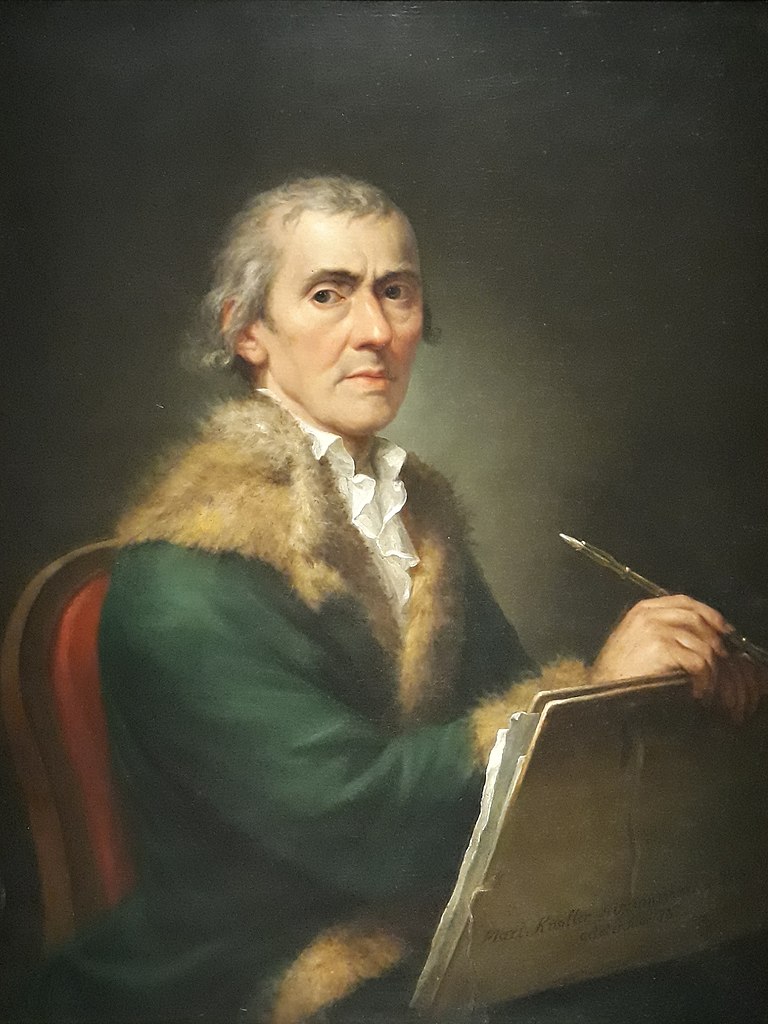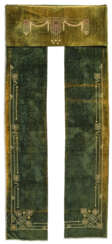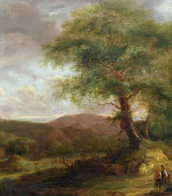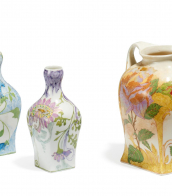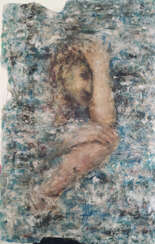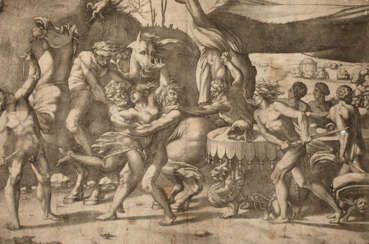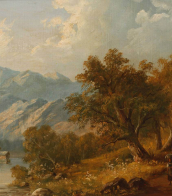fresco
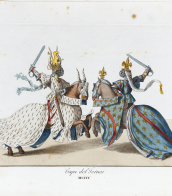


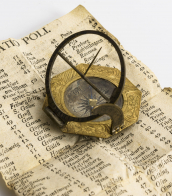
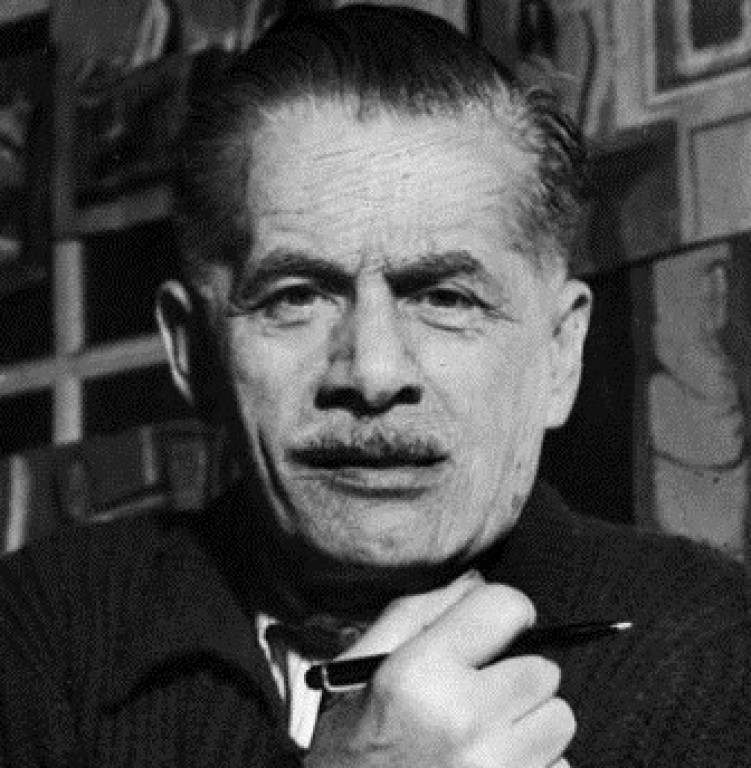

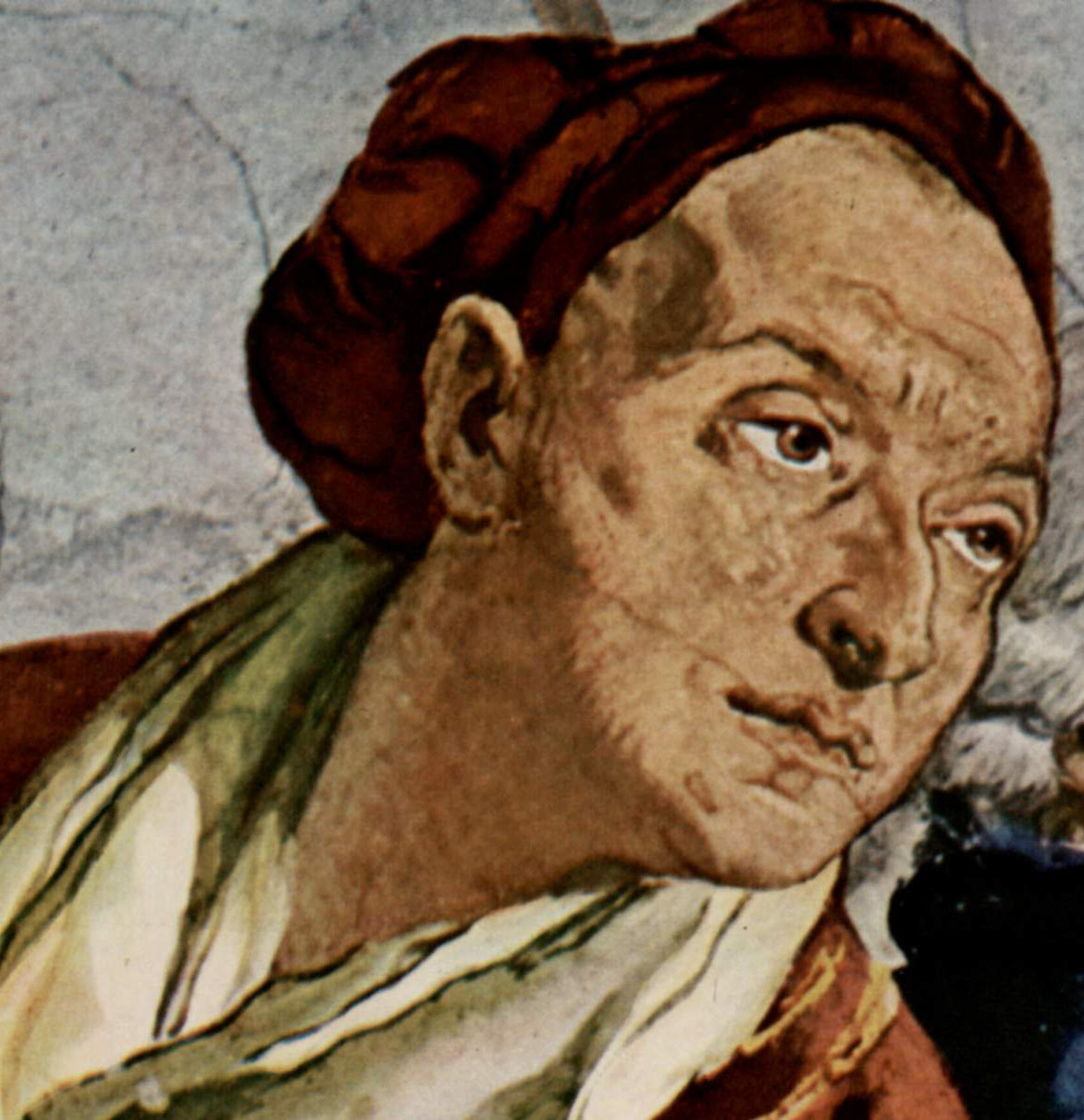
Giovanni Battista Tiepolo, an illustrious Italian painter of the 18th century, is renowned for his radiant and poetic frescoes that beautifully extend the tradition of Baroque ceiling decoration, encapsulating the essence of the Rococo period. Born in Venice, Tiepolo was significantly influenced by his contemporaries and predecessors, such as Piazzetta, Ricci, Tintoretto, and Veronese, which is evident in his dynamic and vibrant works.
Giovanni Battista Tiepolo's expertise in creating grand frescoed ceilings for churches, villas, and palaces across Italy, Germany, and Spain is particularly noteworthy. His work at the Würzburg Residenz, where he painted a vast ceiling depicting Apollo and the continents, is considered a high point of his career. This masterpiece demonstrates his skill in creating spatial illusions and integrating multiple perspectives to enhance the viewer's experience.
In addition to his frescoes, Giovanni Battista Tiepolo's prowess as a draftsman and printmaker was widely acclaimed. His prints, characterized by imaginative and sometimes enigmatic imagery, enjoyed widespread popularity and may have influenced subsequent artists like Francisco de Goya.
Throughout his career, Giovanni Battista Tiepolo received numerous commissions across Europe, reflecting his international fame. His later works in Spain, where he moved with his sons to serve the Spanish monarchy, showcase a quieter yet profound style, focusing on religious and allegorical themes.
For collectors and experts in art and antiques, Giovanni Battista Tiepolo's legacy represents an essential chapter in the history of art, offering insights into the interplay of light, color, and narrative in 18th-century European painting. His works, housed in various museums and collections worldwide, continue to captivate and inspire audiences with their elegance and grandeur.
If you wish to stay updated on new product sales and auction events related to Giovanni Battista Tiepolo, signing up for updates is an excellent way to ensure you don't miss out on any valuable information.
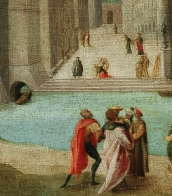

Giovanni Battista Tiepolo, an illustrious Italian painter of the 18th century, is renowned for his radiant and poetic frescoes that beautifully extend the tradition of Baroque ceiling decoration, encapsulating the essence of the Rococo period. Born in Venice, Tiepolo was significantly influenced by his contemporaries and predecessors, such as Piazzetta, Ricci, Tintoretto, and Veronese, which is evident in his dynamic and vibrant works.
Giovanni Battista Tiepolo's expertise in creating grand frescoed ceilings for churches, villas, and palaces across Italy, Germany, and Spain is particularly noteworthy. His work at the Würzburg Residenz, where he painted a vast ceiling depicting Apollo and the continents, is considered a high point of his career. This masterpiece demonstrates his skill in creating spatial illusions and integrating multiple perspectives to enhance the viewer's experience.
In addition to his frescoes, Giovanni Battista Tiepolo's prowess as a draftsman and printmaker was widely acclaimed. His prints, characterized by imaginative and sometimes enigmatic imagery, enjoyed widespread popularity and may have influenced subsequent artists like Francisco de Goya.
Throughout his career, Giovanni Battista Tiepolo received numerous commissions across Europe, reflecting his international fame. His later works in Spain, where he moved with his sons to serve the Spanish monarchy, showcase a quieter yet profound style, focusing on religious and allegorical themes.
For collectors and experts in art and antiques, Giovanni Battista Tiepolo's legacy represents an essential chapter in the history of art, offering insights into the interplay of light, color, and narrative in 18th-century European painting. His works, housed in various museums and collections worldwide, continue to captivate and inspire audiences with their elegance and grandeur.
If you wish to stay updated on new product sales and auction events related to Giovanni Battista Tiepolo, signing up for updates is an excellent way to ensure you don't miss out on any valuable information.
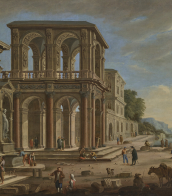
.jpg)
Frida Kahlo de Rivera was a Mexican painter, renowned for her captivating self-portraits that blend realism and fantasy. Born Magdalena Carmen Frida Kahlo y Calderón on July 6, 1907, in Coyoacán, Mexico City, she is celebrated for her profound exploration of identity, postcolonialism, gender, and class within Mexican society. Kahlo's works are a fusion of naïve folk art style and surreal elements, deeply influenced by Mexican popular culture and her personal experiences of chronic pain and disability.
Despite facing numerous challenges, including polio in her childhood and a catastrophic bus accident at 18, Kahlo's resilience and passion for art were undeterred. Her marriage to the famous Mexican artist Diego Rivera was both a romantic and artistic alliance. Kahlo's paintings, such as "The Two Fridas" (1939) and "Self-Portrait with Thorn Necklace and Hummingbird" (1940), are not only masterpieces of visual art but also compelling narratives of her life's trials and triumphs.
Kahlo's artistry extended beyond the canvas, as she was actively involved in the Mexican Communist Party, and her home, La Casa Azul, is now the Frida Kahlo Museum, a place of homage for her admirers. Although her work was not as widely recognized during her lifetime, Kahlo's legacy has grown tremendously, making her an icon for various social movements and a beacon in the art world.
For collectors and art experts, the journey into Kahlo's world is both a dive into Mexican cultural heritage and an exploration of the profound human experience. If you're passionate about Frida Kahlo's work and want to stay informed about related product sales and auction events, sign up for our updates. This is not just a subscription; it's an invitation to celebrate and own a piece of art history.

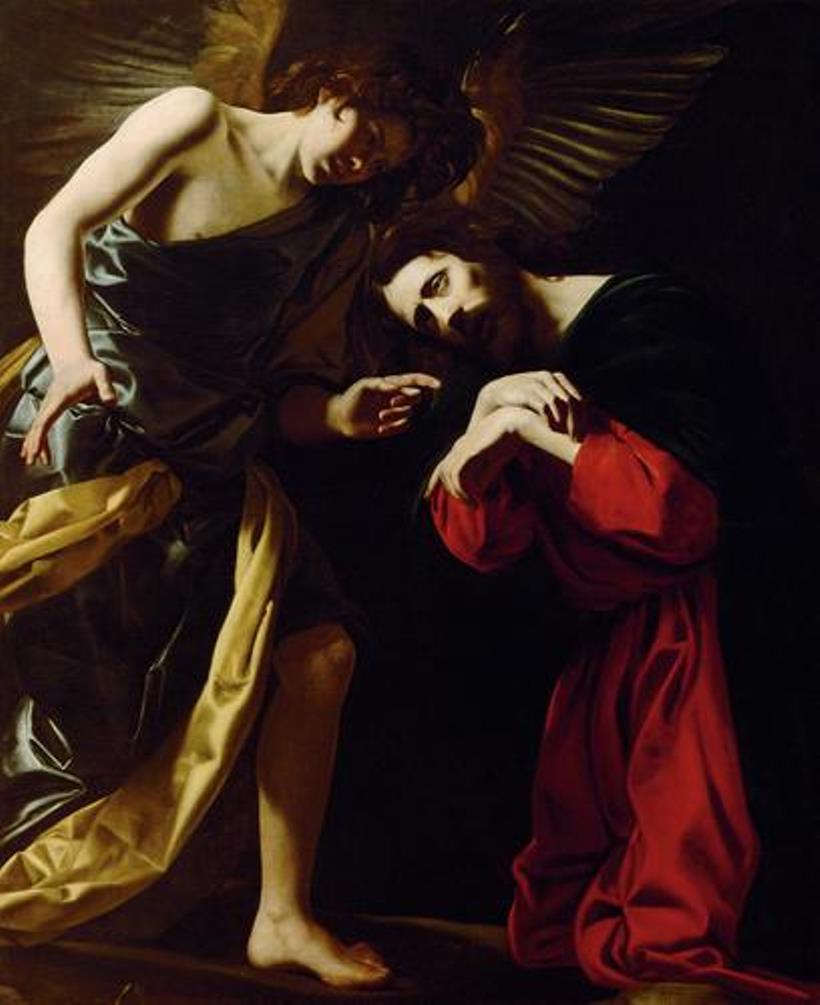
Giovanni Battista Caracciolo, known as Battistello Caracciolo, was an early Baroque Italian painter.
Caracciolo was a follower of Caravaggio, a style that became the foundation for his work. He painted paintings and frescoes with scenes on religious themes.
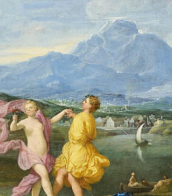
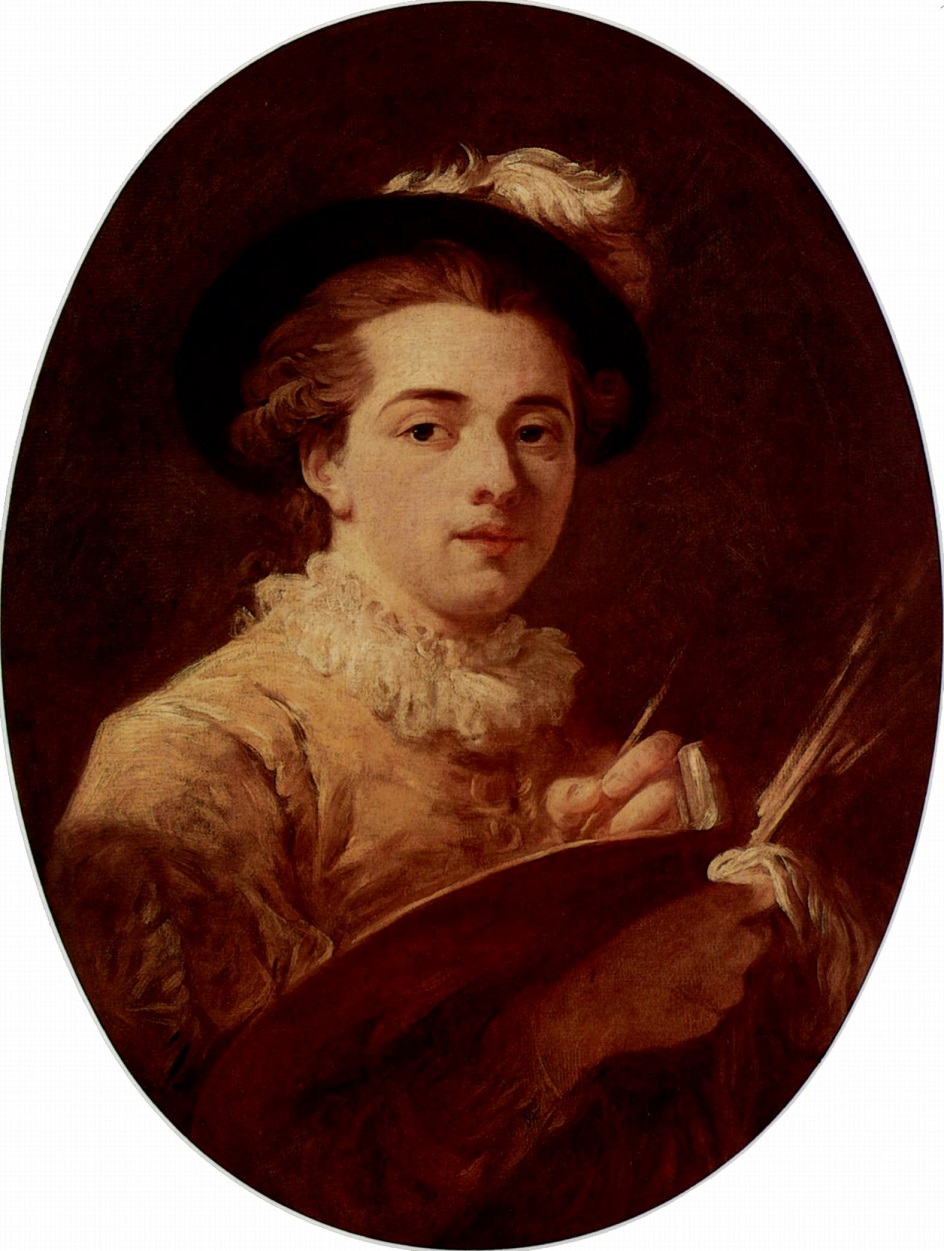
Jean-Honoré Fragonard, a prominent French Rococo painter, left an indelible mark on the art world with his vivacious and hedonistic approach to painting. Born in Grasse, France, in 1732, Fragonard's journey into the art world was marked by his early apprenticeship under François Boucher, whose influence is evident in the young artist's work. Fragonard's talent and skill were recognized early on when he won the prestigious Prix de Rome in 1752, which allowed him to study at the French Academy in Rome.
Jean-Honoré Fragonard's work is characterized by a remarkable facility, exuberance, and a penchant for themes of love and voluptuousness that resonated with the opulent and pleasure-seeking milieu of Louis XV's court. His paintings, such as "The Swing" (Wallace Collection), "Blind Man's Bluff," and "The Bolt," are celebrated for their tender beauty, vibrant color, and the virtuosity of his brushwork. These works encapsulate the essence of Rococo art with their playful themes, intricate compositions, and luminous palette.
Despite the initial success and the king's patronage, which saw his piece "Coresus et Callirhoe" being bought and reproduced at the Gobelins factory, Jean-Honoré Fragonard's career took a turn as the French Revolution upended the social order and the artist's private patrons were guillotined or exiled. This period forced Fragonard to leave Paris, seeking refuge in Grasse. He returned to the capital in the early 19th century, where he died in 1806, almost forgotten. It wasn't until the late 19th and early 20th centuries that Fragonard's work was re-evaluated, cementing his position among the masters of French painting. His influence on the Impressionists, particularly Renoir and his grandniece Berthe Morisot, is undeniable, showcasing his lasting impact on the trajectory of art history.
For collectors and experts in art and antiques, Jean-Honoré Fragonard's oeuvre represents the pinnacle of Rococo art, offering a glimpse into the opulent and sensuous world of 18th-century France. His paintings are not just artistic achievements but are also historical documents that reflect the cultural and social dynamics of his time.
To stay updated on new discoveries, sales, and auction events related to Jean-Honoré Fragonard's works, signing up for updates is recommended. This ensures that enthusiasts and collectors are promptly informed about opportunities to enrich their collections with the exquisite beauty of Fragonard's art.
